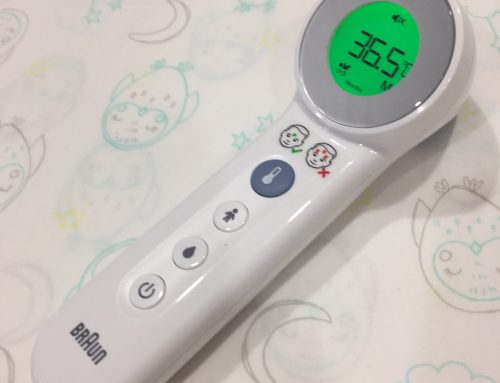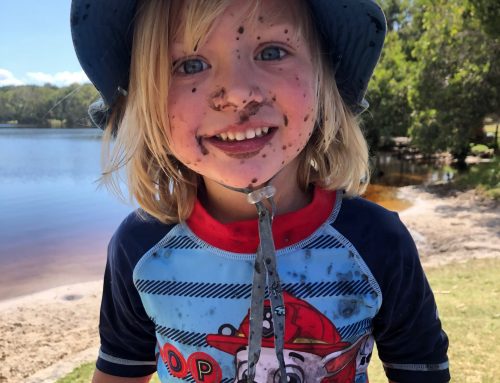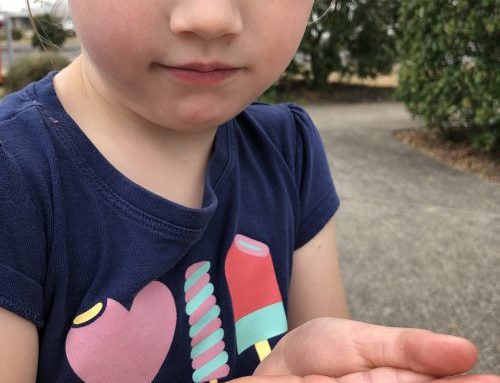With the return of the warm weather parents have started asking me what to do about their babies regarding insect repellants and sunscreens.
Mosquitoes and midges agree that babies are delicious and will ignore the adults and exclusively hone in on the youngest human with the softest skin. Babies primarily need to be protected from contact with them by avoiding outside exposure in the evenings and sleeping with insect nets over their cots.
The spray-on repellents should not be used at all under 2 months of age and after that, it should not sprayed directly on to the baby’s skin. Use not more than 10% DEET (or picaridin) and spray it on your hands and transfer it from there to the baby’s clothes. Definitely don’t put it on their hands (they might put them in their mouth or rub their eyes) or near rashes or cuts. Also don’t use them in combination with sunscreens as this increases the absorption of DEET through the baby’s skin.
Regarding sun exposure, babies have very little melanin (the natural skin pigment) in their skin for the first few months and hence burn very easily. As UV radiation causes damage to the skin and the dose accumulates over a lifetime, minimise exposure in babies.
For a baby the best sunscreen is a physical barrier. There is no better sunscreen than a tent or light cotton clothes with long sleeves and leg coverings, and a big bonnet.
Also avoiding sunshine in the hottest part of the day when the UV radiation is at its highest (between 10 am and 4 pm) is sensible.
Until recently it was suggested that sunscreens were not safe for babies under 6 months and should be avoided but this has been shown to be no longer the case. However don’t use products containing oxybenzone and make sure the sunscreens are rated at least SFP 30. Use them only on the areas of the body where physical barriers aren’t enough and apply the sunscreen at least 30 minutes before exposure and reapply every 2 hours.
Remember of course that ultraviolet radiation (the wavelength that tans and burns you) is therefore chronically toxic to human skin and the dose accumulates over a lifetime.
So moderate your children’s exposure (but don’t eliminate it – they need the vitamin D), they’ll thank you as they grow older!










Leave A Comment
You must be logged in to post a comment.